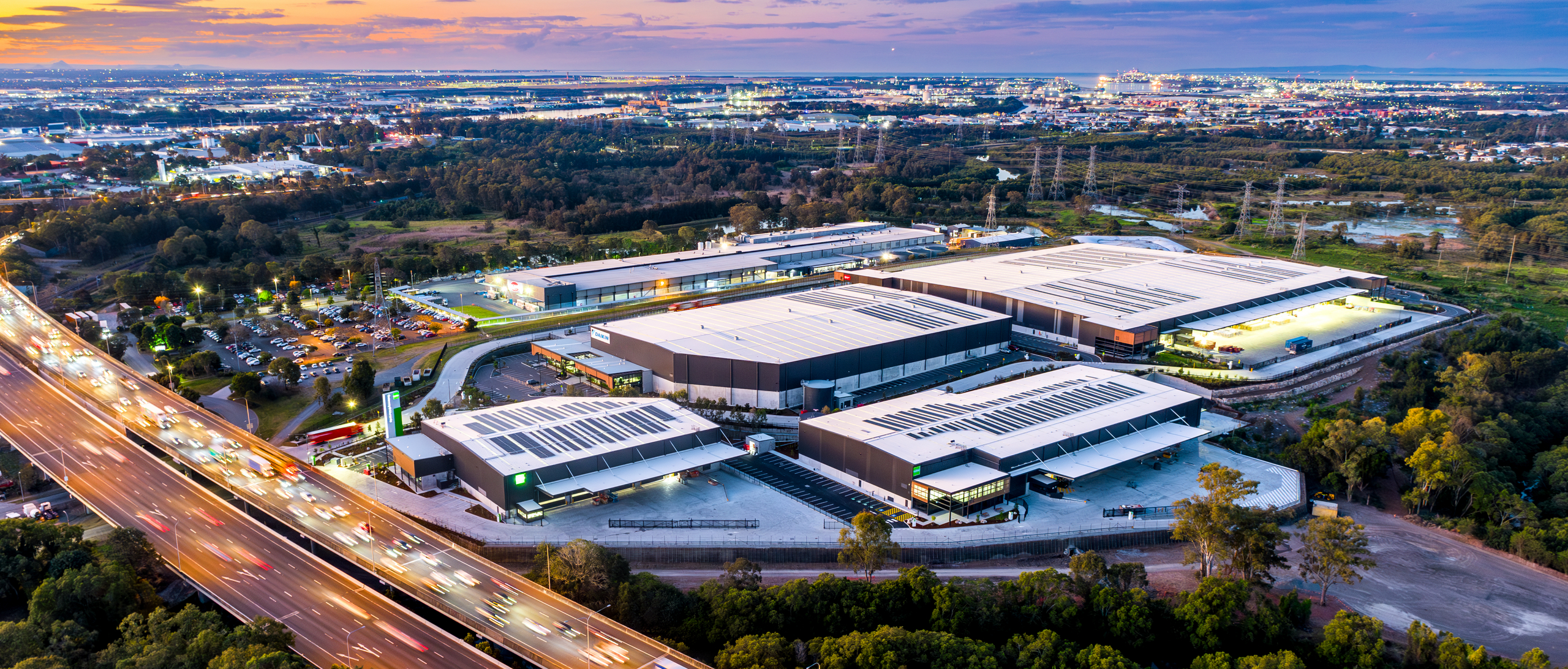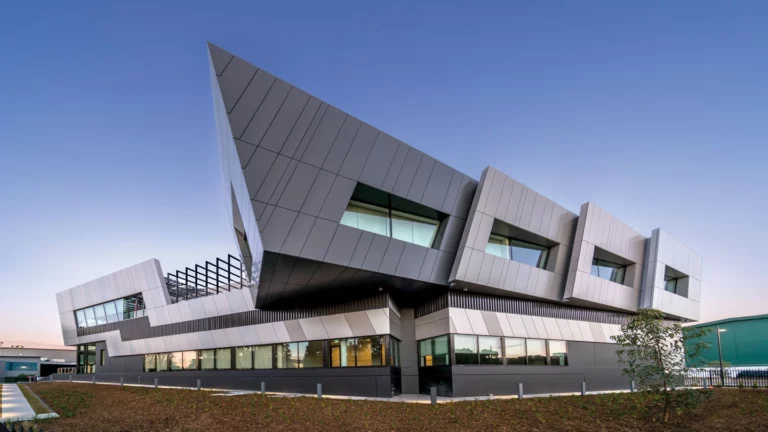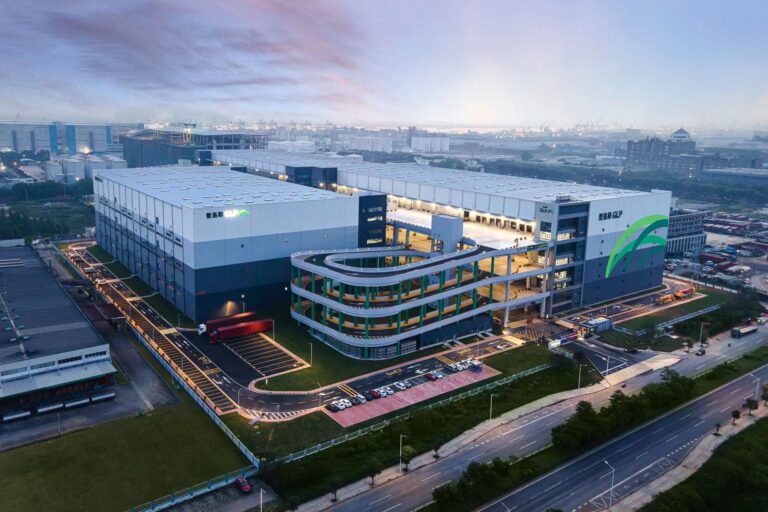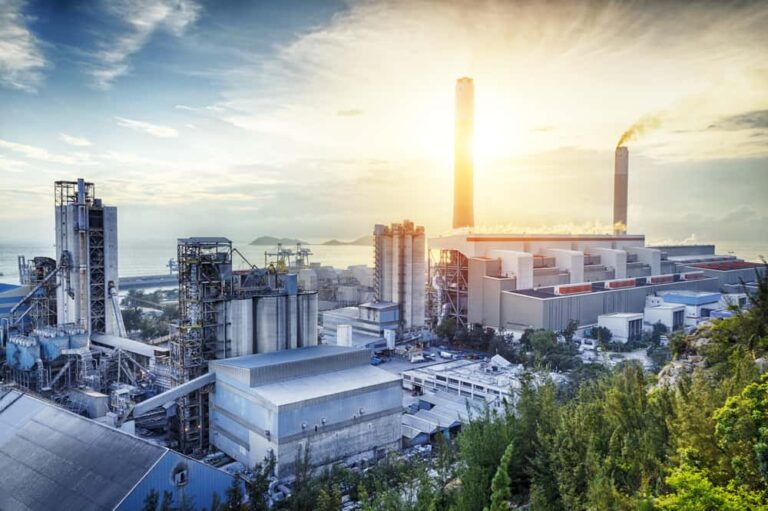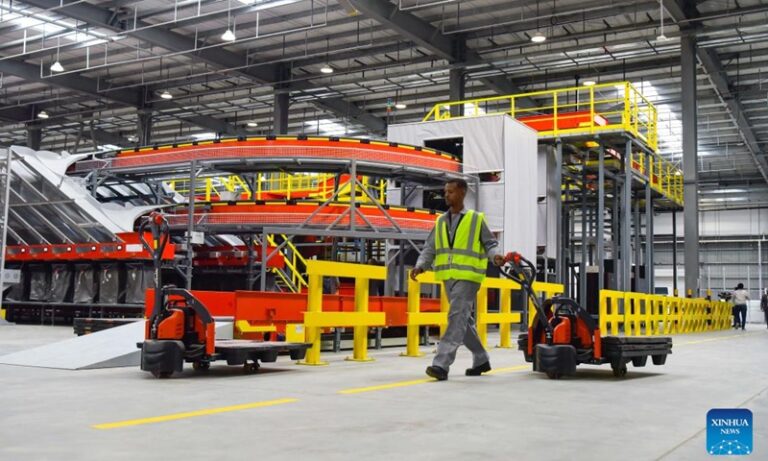Industrial Real Estate Development Companies: Driving Growth in Commercial Infrastructure
Industrial real estate development companies are at the forefront of shaping the built environment that supports global commerce. Unlike residential developers who focus on homes or condominiums, these firms specialize in creating large-scale industrial spaces such as warehouses, logistics centers, data facilities, and manufacturing hubs. Their role is not limited to constructing buildings; it extends to identifying prime land, planning infrastructure, ensuring zoning compliance, and delivering spaces that meet the evolving needs of industries.
These companies play a critical role in the global supply chain. From e-commerce giants needing distribution centers to manufacturers requiring specialized facilities, industrial developers bridge the gap between economic demand and functional space. As global trade expands and technology continues to transform how goods are produced and distributed, industrial real estate development companies are becoming essential partners for both private enterprises and governments.
The Strategic Importance of Industrial Real Estate
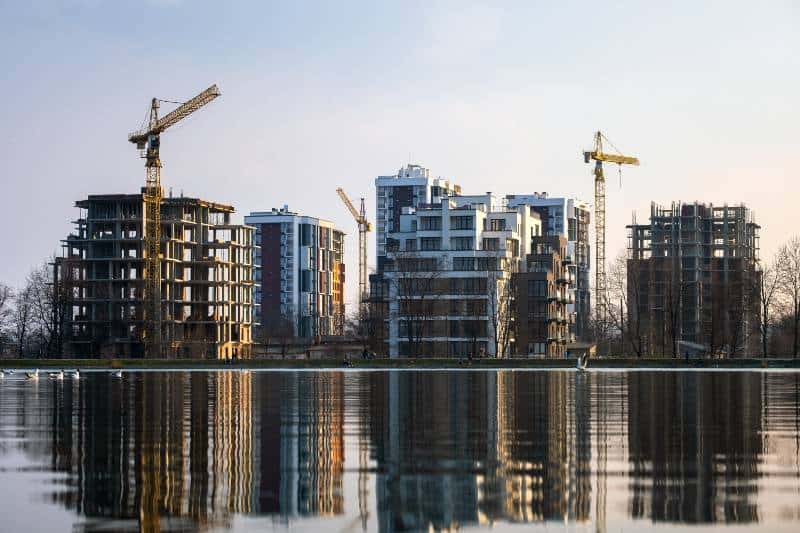
Industrial real estate is more than just land with buildings—it is the backbone of commerce and logistics. Development companies recognize this and design projects that directly impact economic efficiency. By creating industrial parks near major highways, airports, or seaports, they reduce transportation costs and enhance supply chain resilience.
Moreover, industrial spaces often serve as job creation engines. Large facilities attract not only warehouse workers but also support industries like trucking, security, and maintenance. This multiplier effect contributes to regional economic development, making industrial real estate a cornerstone of urban and suburban growth strategies.
How Technology is Transforming Industrial Real Estate Development
The rise of technology has significantly changed how industrial real estate development companies operate. From planning to construction and long-term facility management, technology ensures efficiency, sustainability, and adaptability.
One of the most impactful advancements is the use of Building Information Modeling (BIM). BIM allows developers to create digital twins of projects before construction begins, enabling them to identify potential issues early and reduce costs. Additionally, artificial intelligence and predictive analytics help in forecasting demand for industrial space, ensuring developments are aligned with future market needs.
Sustainability technology also plays a growing role. Many companies now integrate renewable energy solutions, smart lighting, and advanced HVAC systems into their projects. These innovations not only reduce operating costs but also meet the environmental, social, and governance (ESG) goals increasingly demanded by global corporations.
Real-World Examples of Industrial Real Estate Development Companies
Prologis – Global Leader in Industrial Warehousing
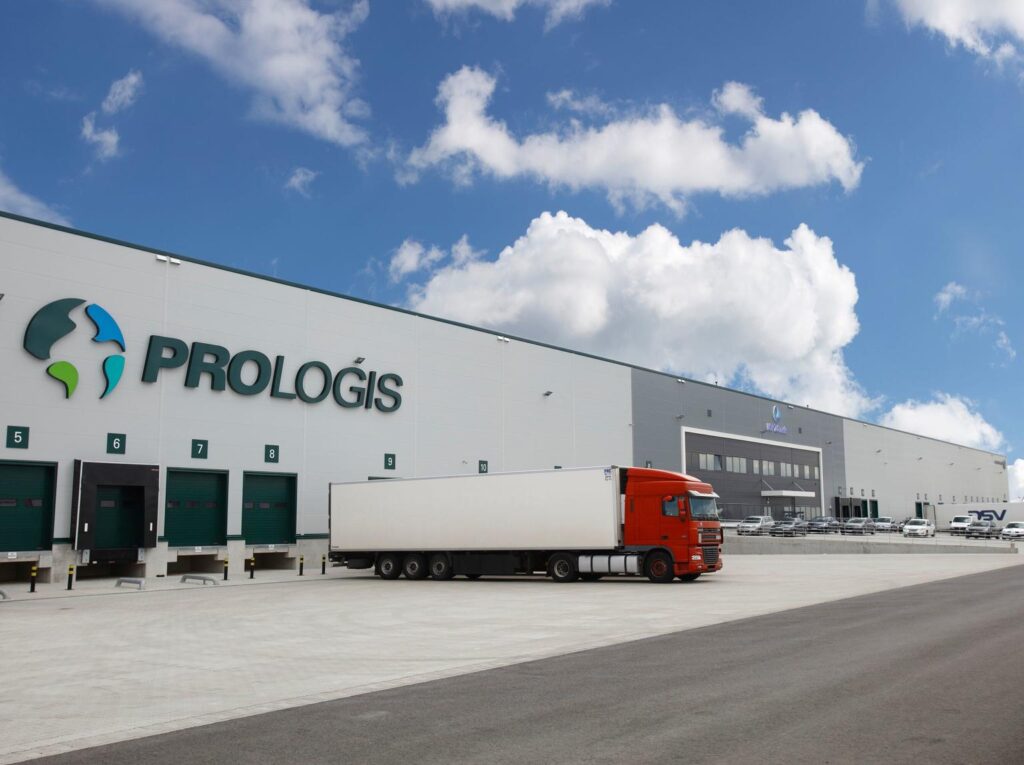
Prologis is one of the largest industrial real estate development companies in the world, with projects spanning across the Americas, Europe, and Asia. Their focus is on logistics facilities that serve multinational corporations, particularly in the e-commerce and retail sectors.
What sets Prologis apart is its emphasis on technology and sustainability. Their warehouses often include solar power integration, smart energy management systems, and eco-friendly construction materials. This not only reduces environmental impact but also lowers operational costs for tenants, making their developments highly attractive in competitive markets.
GLP – Combining Logistics with Technology
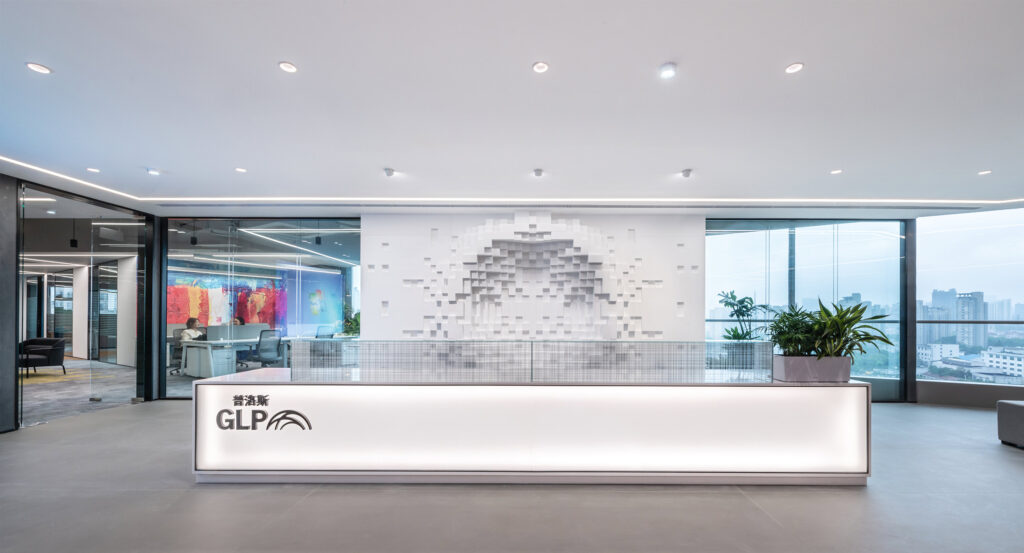
GLP specializes in logistics and data infrastructure, blending traditional industrial development with cutting-edge technology. Their projects often integrate automated storage systems, robotics, and AI-driven logistics platforms.
GLP’s developments are particularly relevant for companies operating in fast-paced industries such as e-commerce and cold chain logistics. Their properties are designed not only to store goods but also to facilitate advanced supply chain functions, ensuring tenants remain competitive in demanding markets.
Goodman Group – Sustainable Industrial Development
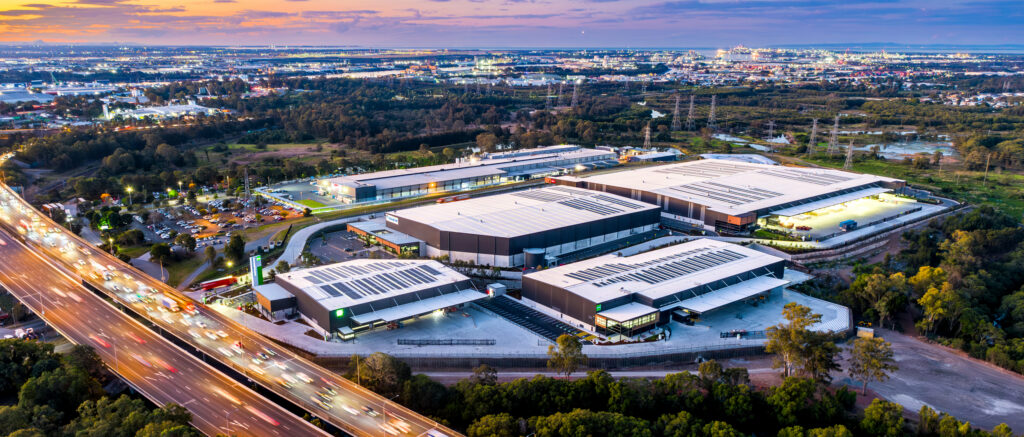
Goodman Group, headquartered in Australia, is known for its sustainable approach to industrial real estate development. Their projects emphasize environmental stewardship, integrating green building standards and renewable energy into every development.
For example, Goodman’s warehouses in Europe are equipped with extensive rooftop solar arrays and rainwater harvesting systems. This focus on ESG principles has positioned them as a preferred partner for corporations seeking to reduce their carbon footprint while maintaining operational efficiency.
Panattoni – Expanding in Emerging Markets
Panattoni has made a name for itself by expanding into emerging markets across Europe and North America. Their strategy involves anticipating demand in secondary cities where logistics growth is accelerating.
By identifying underdeveloped regions with strong infrastructure potential, Panattoni creates industrial hubs that attract global tenants. Their developments often act as catalysts for regional growth, boosting local economies and providing businesses with affordable alternatives to saturated metropolitan areas.
Practical Benefits of Industrial Real Estate Development Companies
One of the main benefits of working with industrial real estate development companies is access to scale. Businesses that require massive warehouses, data centers, or custom-built manufacturing facilities cannot achieve these independently. Developers bring expertise in financing, land acquisition, and regulatory approvals to deliver projects that meet complex industrial requirements.
Another benefit lies in risk management. Developing large-scale industrial properties involves multiple risks, from construction delays to zoning issues. Experienced development companies mitigate these risks by leveraging established processes, relationships, and technological tools. For tenants and investors, this translates to confidence in project delivery and long-term stability.
How Industrial Real Estate Development Companies Solve Problems
Meeting E-Commerce Growth Demands
With the exponential rise of online shopping, retailers and logistics providers need more distribution centers than ever. Development companies address this by constructing strategically located warehouses that reduce delivery times and support same-day shipping capabilities.
Supporting Global Manufacturing
Manufacturers often require specialized facilities that meet strict safety and operational standards. Industrial developers build customized spaces, from clean rooms to heavy-duty factories, ensuring compliance and functionality for diverse industries such as automotive, pharmaceuticals, and electronics.
Enhancing Cold Chain Logistics
The pharmaceutical and food industries depend on reliable cold storage. Development companies design and build temperature-controlled warehouses equipped with advanced monitoring systems. This ensures product quality and safety throughout the supply chain.
Strengthening Supply Chain Resilience
By building industrial parks near transport corridors, developers help businesses avoid disruptions. Proximity to ports, airports, and highways ensures goods can move efficiently even during crises, strengthening overall supply chain resilience.
Future Trends in Industrial Real Estate Development
Looking ahead, industrial real estate development companies will increasingly integrate smart technologies into their projects. Automation, robotics, and artificial intelligence will become standard in new developments. Sustainability will also remain central, with net-zero industrial parks becoming the norm rather than the exception.
Another trend is the rise of multi-story warehouses in urban areas. As land becomes scarce, especially near major cities, developers are building vertically to maximize space and meet demand for last-mile delivery hubs. These innovations will continue to redefine how industrial spaces are designed and utilized.
Frequently Asked Questions
What do industrial real estate development companies do?
They specialize in designing, constructing, and managing industrial properties such as warehouses, logistics centers, and manufacturing hubs. Their role includes land acquisition, infrastructure planning, and delivering facilities that meet business needs.
Why are industrial real estate development companies important for e-commerce?
They provide the infrastructure, such as strategically located warehouses, that enable e-commerce companies to fulfill orders quickly and efficiently, meeting growing consumer expectations for fast delivery.
How does sustainability affect industrial real estate development?
Sustainability is now a major focus, with companies integrating renewable energy, green construction methods, and eco-friendly operations into their projects. This reduces environmental impact and meets corporate ESG goals.
